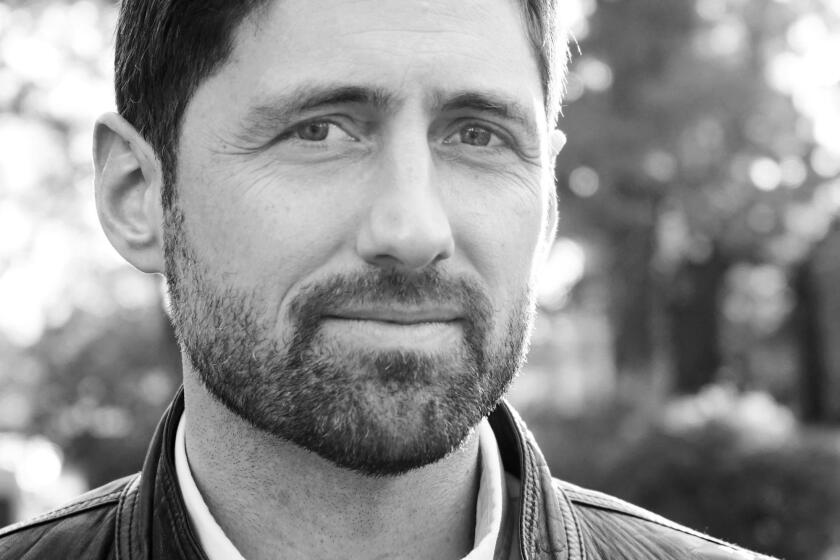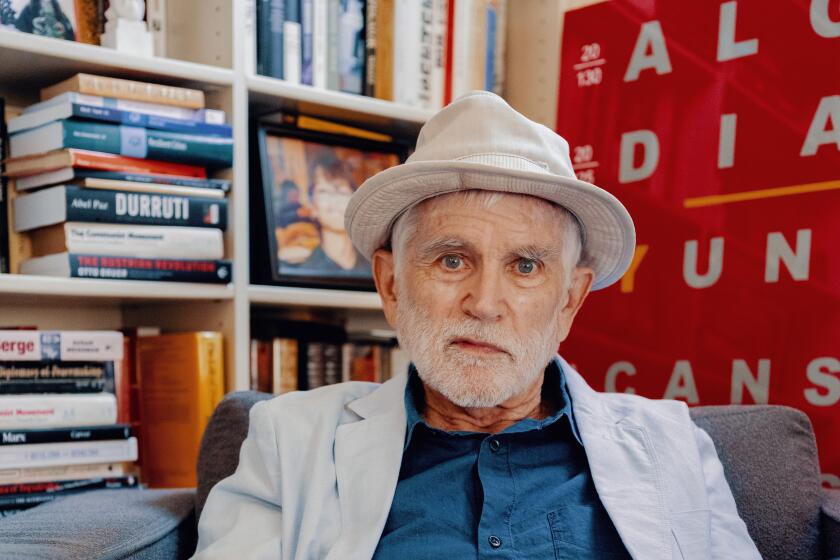Are you brave enough to be a pacifist? One historian’s portraits in true courage
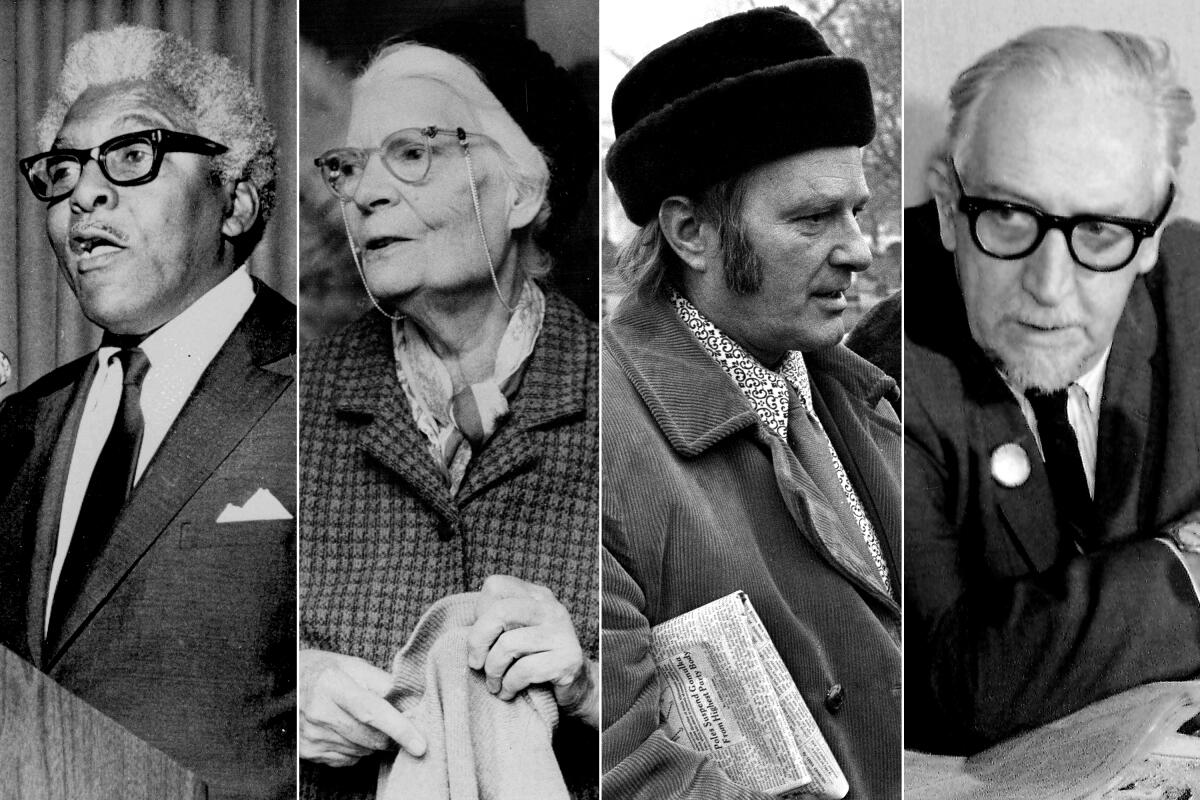
- Share via
On the Shelf
War by Other Means: The Pacifists of the Greatest Generation Who Revolutionized Resistance
By Daniel Akst
Melville House: 384 pages, $29
If you buy books linked on our site, The Times may earn a commission from Bookshop.org, whose fees support independent bookstores.
On Oct. 7, 1939, Milton Mayer wrote an essay for the Saturday Evening Post titled “I Think I’ll Sit This One Out,” in which he explained why he had no interest in participating in World War II or, for that matter, any war. Mayer, raised Jewish and turned Quaker, would deny being a pacifist. But he was one for most intents and purposes. He was also a contrarian and a bit of a troublemaker, usually from his perch as a longtime writer for the Progressive.
I know these things primarily because Mayer, who died in 1986, was my grandfather. I didn’t know him very well; I was 15 when he passed. But I know his reputation and his legacy, and I thought of him as I read Daniel Akst’s new book, “War by Other Means: The Pacifists of the Greatest Generation Who Revolutionized Resistance.”
The book isn’t about my grandfather, but it is the story of his ilk — specifically its most prominent and influential members. In focusing on four pacifists who fought against the war rather than fighting in it — David Dellinger, Bayard Rustin, Dorothy Day and Dwight Macdonald — Akst wants us to consider what it meant to take an unpopular (and often illegal) stand against arguably the last war Americans widely supported.
The roots of pacifism reach back far beyond the 20th century. One can find traces in, among other times and places, ancient China and early Christianity (Jesus is often claimed by modern pacifists, but others reject this notion). Leo Tolstoy helped revive interest with his later Christian writings, and Mahatma Gandhi used nonviolent resistance to achieve India’s independence from Britain.
Gov. Gavin Newsom posthumously pardons civil rights leader Bayard Rustin, who was arrested on a “morals charge” in Pasadena in 1953.
None of this really mattered to most Americans in the run-up to World War II. As Akst writes, this was “the quintessential ‘good’ war during which Americans pulled together and sacrificed.” All four of Akst’s subjects paid a price for setting themselves apart from the effort. Dellinger, for one, went to prison twice for refusing to register for the draft. But they also lived to fight (or not) another day, and they had an outsize influence on the flow of 20th century American history.
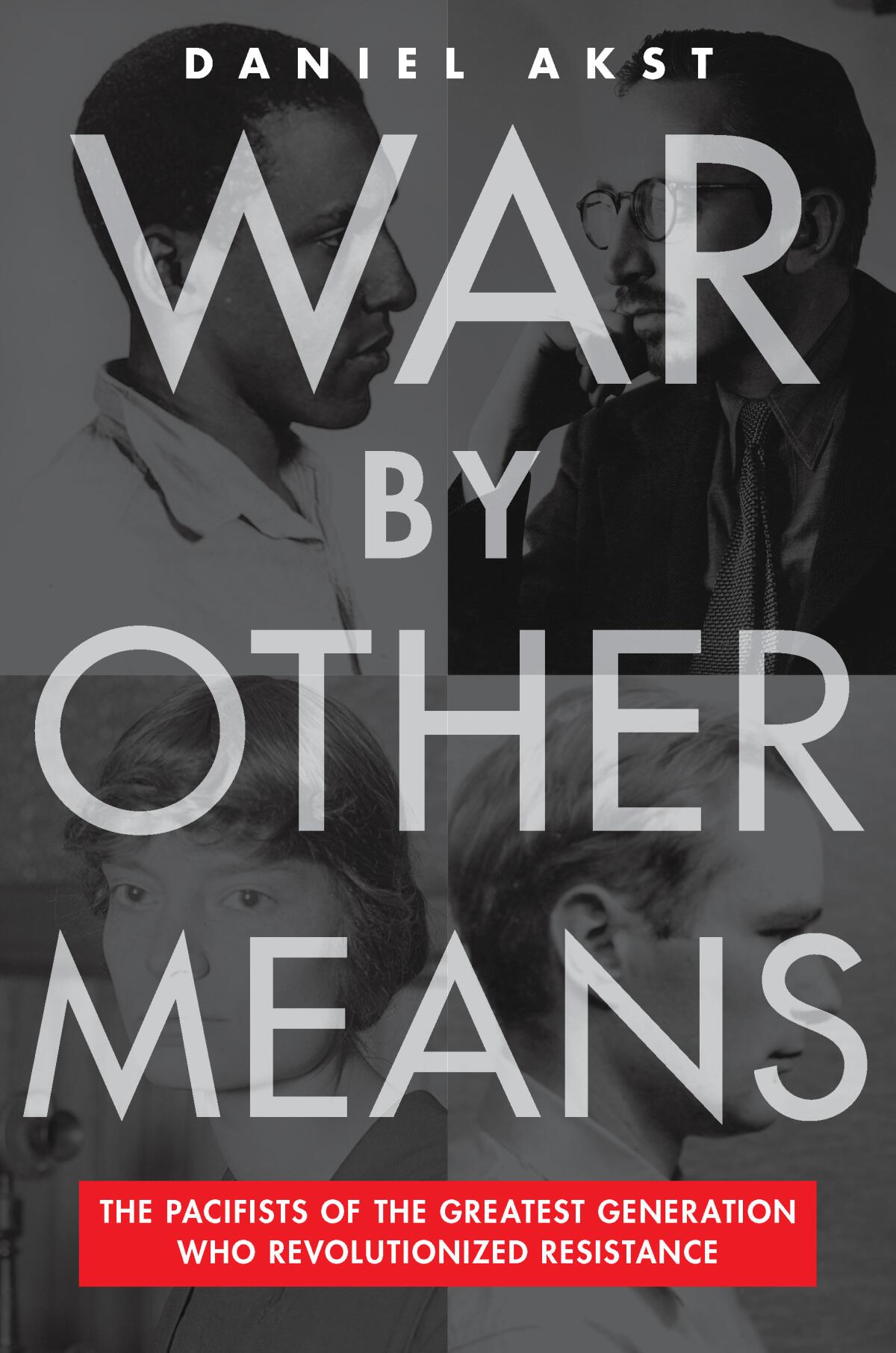
“Most people have no idea of the role that these individuals went on to play in the civil rights movement, the anti-Vietnam War Movement, antinuclear proliferation and a number of other things,” Akst says in a video interview from his home north of New York City. “They really laid a lot of the groundwork for the left to come.”
And yet, being complicated nonconformists, they weren’t uniformly of the left. Akst describes Macdonald, who founded the small but influential journal Politics, and Day, who helped establish the Catholic Worker Movement, as “conservative anarchists” who fundamentally opposed government.
Both were uncommonly attached to principle at a cost to themselves and sometimes others. Macdonald broke with his co-editors at the influential Partisan Review in part over their neutrality on the war. Day, dedicated to feeding the poor, refused to apply for 501(c)(3) status to become a nonprofit and allow tax-deductible donations; instead, she and her staff, along with those for whom they provided housing, lived in bedbug-ridden squalor. “You almost have to ask her, isn’t it immoral to fail to do that?” Akst says. “But she didn’t want the government to have a role.”
‘Uncertain Ground’ collects Marine and novelist Phil Klay’s essays on how we redefine citizenship and other fuzzy concepts as a nation forever at war.
They all had one thing in common: a fierce opposition to war, generally rooted in religious faith. Dellinger was one of the Union Eight, a group of students from the left-leaning Christian Union Theological Seminary who refused to register for the draft on principle. To become a conscientious objector during this era, applicants had to prove affiliation with a church that preached peace — but they still had to register for the draft.
“Like so many reform movements in American history, the pacifists’ dissent was essentially religious in nature,” Akst says. He writes that about 43,000 men were granted conscientious objector status once the draft law of 1940 brought conscription back to the U.S.
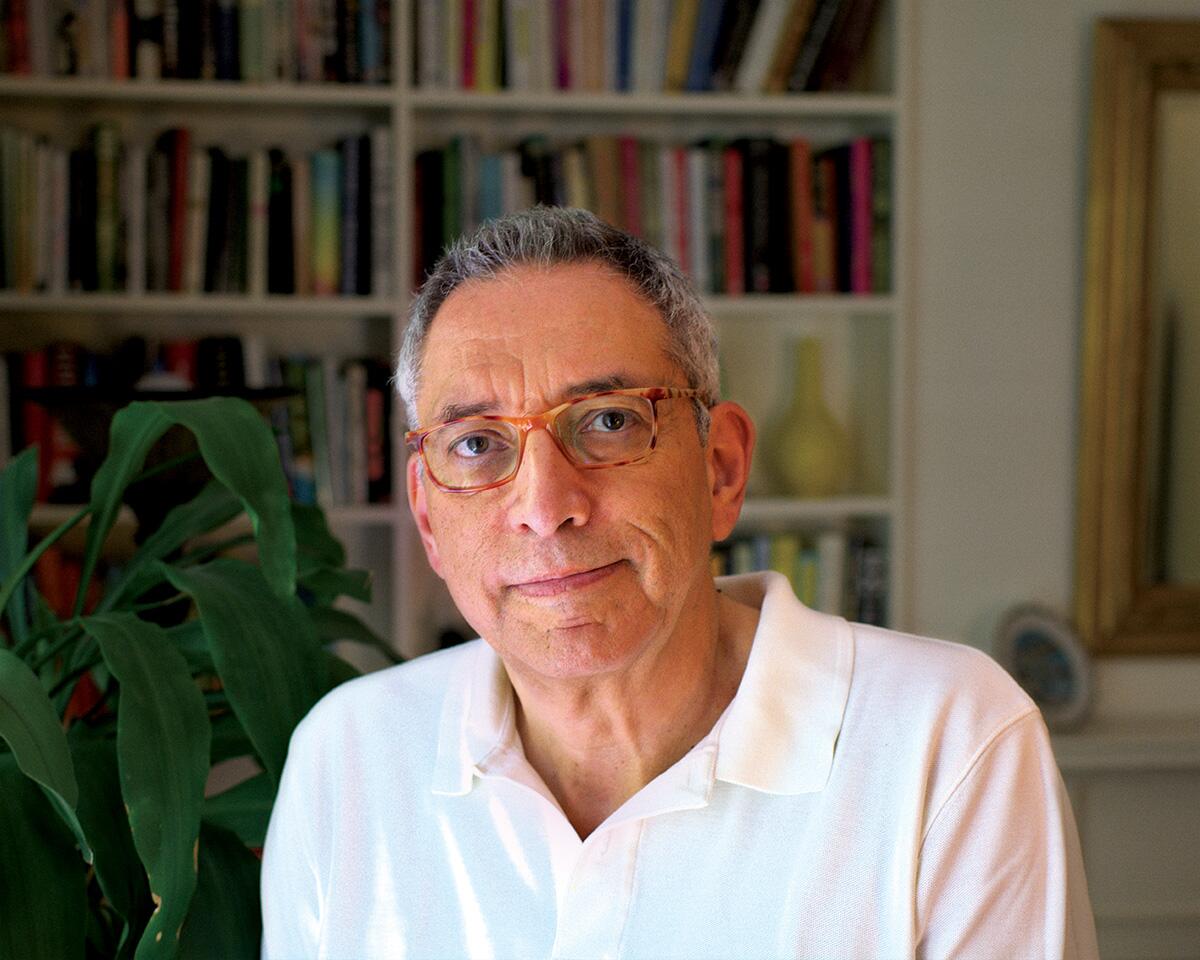
My principles don’t arise from religion in the same way, and more than once I have asked myself: Am I a pacifist? The most accurate answer is that I’ve been fortunate never to have to prove my beliefs one way or the other. I do remember that on the eve of the first Gulf War, I started putting together a conscientious objector file, complete with letters from elders attesting to my antiwar beliefs. They all told me: The board will ask about World War II. Would you have fought against Hitler? I honestly didn’t know. I did know I would make a lousy soldier. I have no interest in killing another person in the name of my country or anything else. I am antiwar. The thing is, most people are antiwar. And not everyone is a pacifist.
As Akst writes, “It will come as a surprise to most Americans that, even after Pearl Harbor, thousands in this country opposed World War II.” Yet, as one might imagine, the infamous attack on American soil rendered the pacifist position increasingly unpopular. “Domestic opposition to entering the fight collapsed,” Akst writes.
As a result, staunch pacifists “kind of laid low,” Akst tells me. “They withdrew from the public discourse. They recognized they weren’t going to stop this thing and at some level just didn’t attempt to. And that was part of the turn of focus toward other issues, such as race.”
With ‘City of Quartz’ and other influential works, Mike Davis shaped generations of thinking about Los Angeles and its origins.
This pivot was especially important in the case of Rustin. In the postwar era he became a key ally of the Rev. Martin Luther King Jr. (though he was pushed into the background because of his homosexuality). He took his pacifism to the civil rights movement, where he helped solidify the Gandhi-like strategy of passive resistance. “It’s impossible not to be incredibly compelled by Bayard Rustin,” Akst says. “He was just a brilliant and fascinating and creative man full of vitality and courage and music.”
Courage. That quality, along with conscience, is what draws me toward pacifism now. I like to think some of this cocktail has trickled down to me through the generations. I could never claim to have the backbone of Day, Dellinger, Macdonald, Rustin or my grandfather. But I can admire it, peaceably, from afar.
Vognar is a freelance writer based in Houston.
More to Read
Sign up for our Book Club newsletter
Get the latest news, events and more from the Los Angeles Times Book Club, and help us get L.A. reading and talking.
You may occasionally receive promotional content from the Los Angeles Times.
